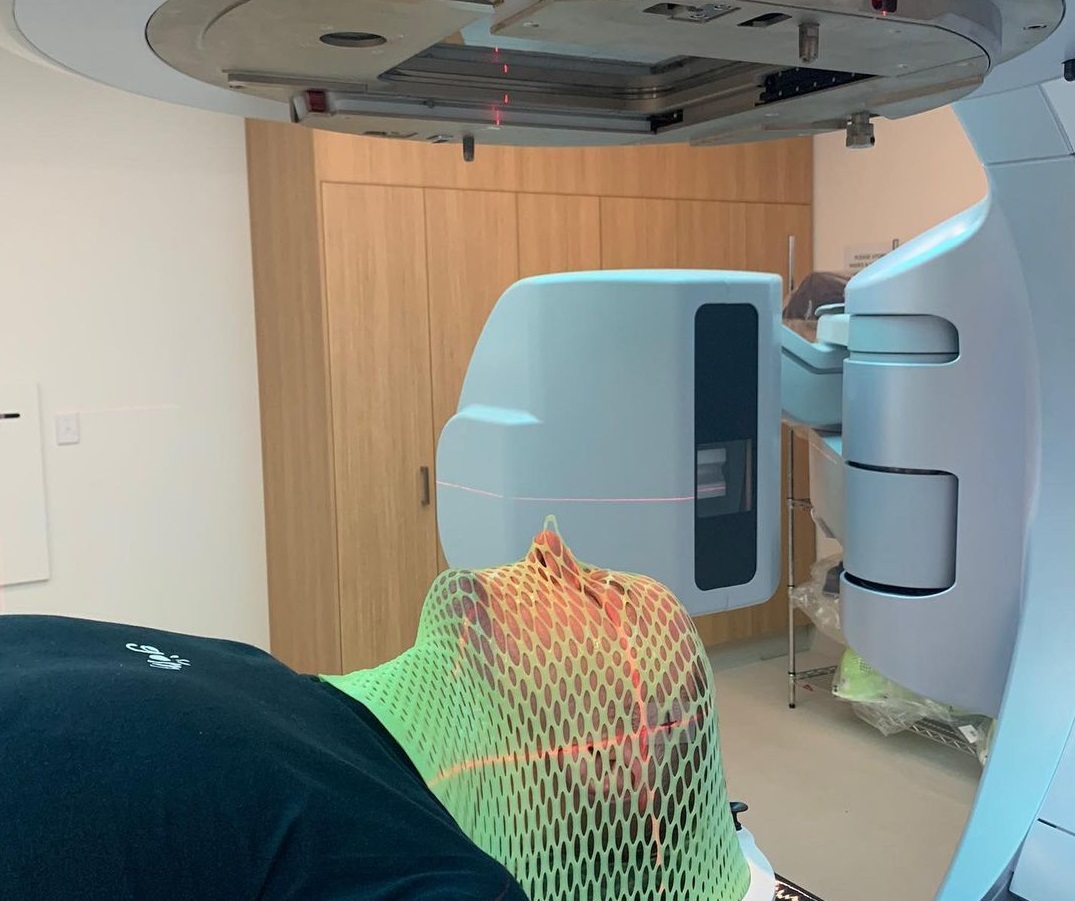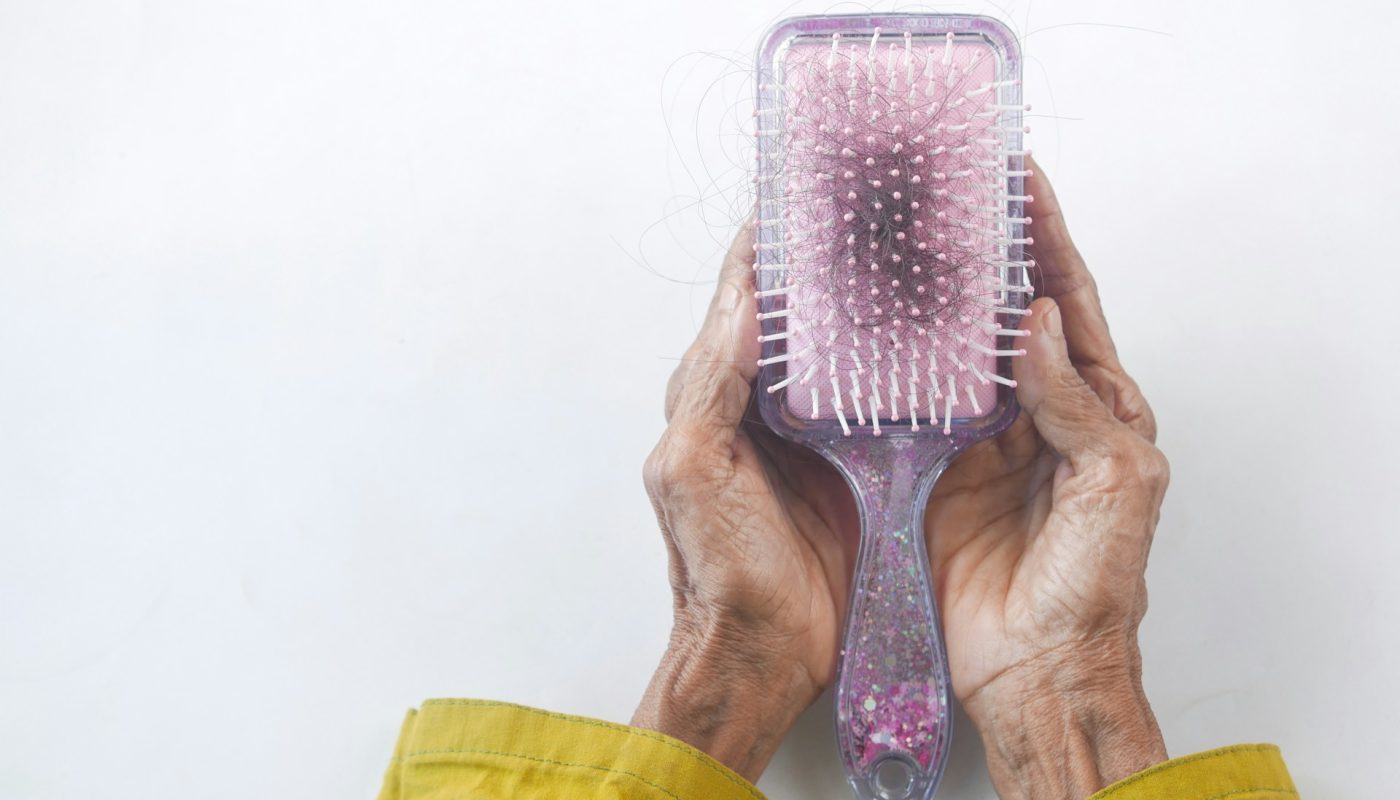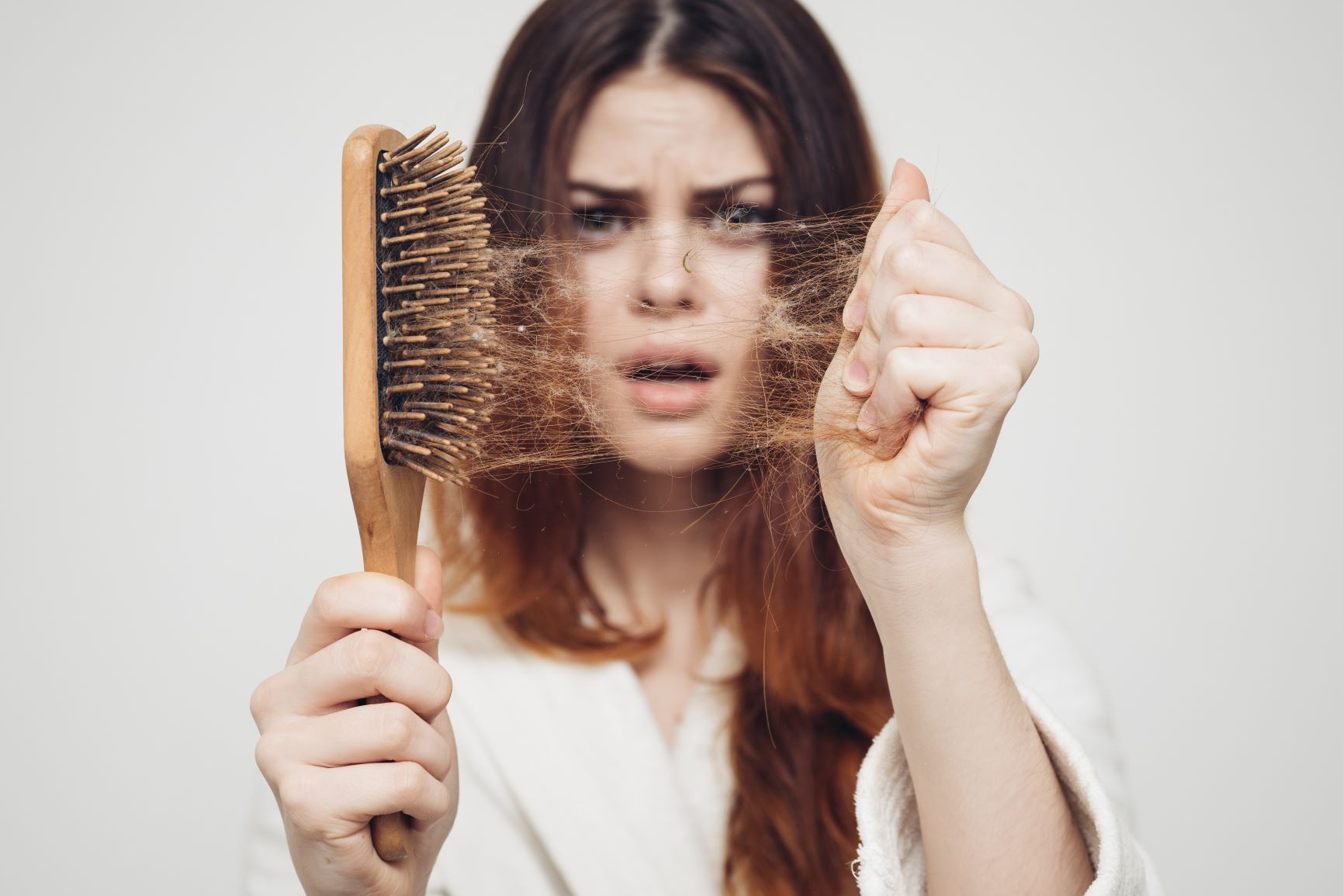Radiotherapy is one of the cornerstones of cancer treatment that involves the use of high-energy radiation to target and destroy cancer cells. While this approach to treating malignancy is very effective against a number of tumors, it can also have considerable side effects.
Hair loss is one of the most common concerns of patients receiving radiotherapy. The article explains how radiotherapy causes hair loss and the mechanism behind it, together with potential ways to manage and mitigate this side effect.
Contents
Mechanism of Radiotherapy- Hair Loss
Radiotherapy achieves its aim by administering the desired amount of radiation to the site of the tumorous growth and also to the surrounding tissue. The central idea is to kill cancerous cells without harming healthy tissues. However, radiation manipulates both the malignant and normal cells, including that of hair follicles.
Hair follicles are rapidly dividing cells. They are as sensitive to radiation as cancer cells are. The radiation will damage the follicles so that they are not able to reproduce hair. This will lead to a loss of hair in the radiation area. The degree and permanence of the hair loss depend on a number of factors, including:
- Dose and Duration of Radiation: The extent of loss is directly proportional to the dosage and duration of radiation. The fractions of radiation treatment, involving a smaller dose repeated at certain intervals, may alter this effect on the hair follicle.
- Radiation Field: The hair loss is only restricted to the irradiated area (the area where the radiation goes). A nice example is that if the radiation is aimed at the head or neck, then the hair loss will, in most cases, be confined to the head and the neck only.
- Individual Sensitivity: Patients react differently to radiation. Some will have thinning, and others will lose their hair in varying degrees or permanently.
Types of Hair Loss Cause by Radiotherapy
- Acute Hair Loss: It occurs during or immediately after radiotherapy. It is almost always transient and may start a couple of weeks after the initiation of the treatment. At the cessation of the treatment, hair usually re-grows, even though its texture and color might be slightly different at the start.
- Chronic Hair Loss: This happens when the radiation dosage is very high and in repeated treatments. Under such conditions, the rate of hair loss may be permanent or may take a long time to recover.
Management Strategies
One of the major functions of managing hair loss during radiotherapy includes prevention and treatment to psychologically and physically help the patient cope with the condition.
- Preventive Measures:
- Cooling Caps: These are a common method during chemotherapy, but cooling caps are sometimes looked into to avoid hair loss during radiotherapy too. These caps cool down the scalp, and this lower temperature possibly reduces damage to hair follicles. Their effectiveness is less clearly established in this sphere.
- Protective Measures: A hat or scarf could prevent further stresses and environmental damage from reaching the scalp.
- Treatment Options:
- Medications: There are no medications that can be taken specifically for the condition of hair loss from radiotherapy, but topical treatments like minoxidil for other kinds of hair loss may help to stimulate hair growth.
- Hair Prosthetics: Wigs and hairpieces give patients a cosmetic solution to cope with the loss of hair. Prosthetics in today’s times are very close to being natural looking and help boost the patient’s confidence needed during treatment.
- Psychological Support: Hair loss has a huge psychic effect. Support groups, counseling, and therapy can be enlisted to help manage the psychic effects of losing hair for these patients.
Hair Care after Radiotherapy

When this process of radiotherapy is complete, the hair usually regrows. The process of regrowth, however, may not be entirely without changes:
- Texture and Color Changes: The hair that regrows after radiotherapy is of a different texture or even color compared to the one present before treatment. This is usually temporary, and the hair usually reverts back to normal over time.
- Gradual Regrowth: Hair growth becomes slow, and it can take months to a whole year for the hair to fully regulate. This depends on the radiation dose one has been subjected to and the rate at which the individual recovers.
- Hair and Scalp Care: One of the most important things during and immediately after radiotherapy is care for the scalp. Mild shampoos and conditioners, and not using strong chemicals, must be advocated to keep the scalp from becoming inflamed and to promote better hair growth.
Future Directions and Research
Research in this area is still underway to find ways of understanding and mitigating the side effects of radiotherapy. Improvements to radiation technology, such as more precision targeting methods, have given ways of minimizing damage to healthy tissues, including hair follicles. Further, new therapies and drugs in the pipeline to protect hair follicles during treatment could represent promising avenues for reducing radiotherapy-induced hair loss.
The Bottom Line
Alopecia as a result of radiotherapy is one of the most distressing side effects for most patients receiving cancer treatment. Radiotherapy can cause damage to the hair follicles when used directly in the area that has hair. Additionally, those searching for a hair clinic can opt for “Hair Clinic Dubai” to get the best possible care.





